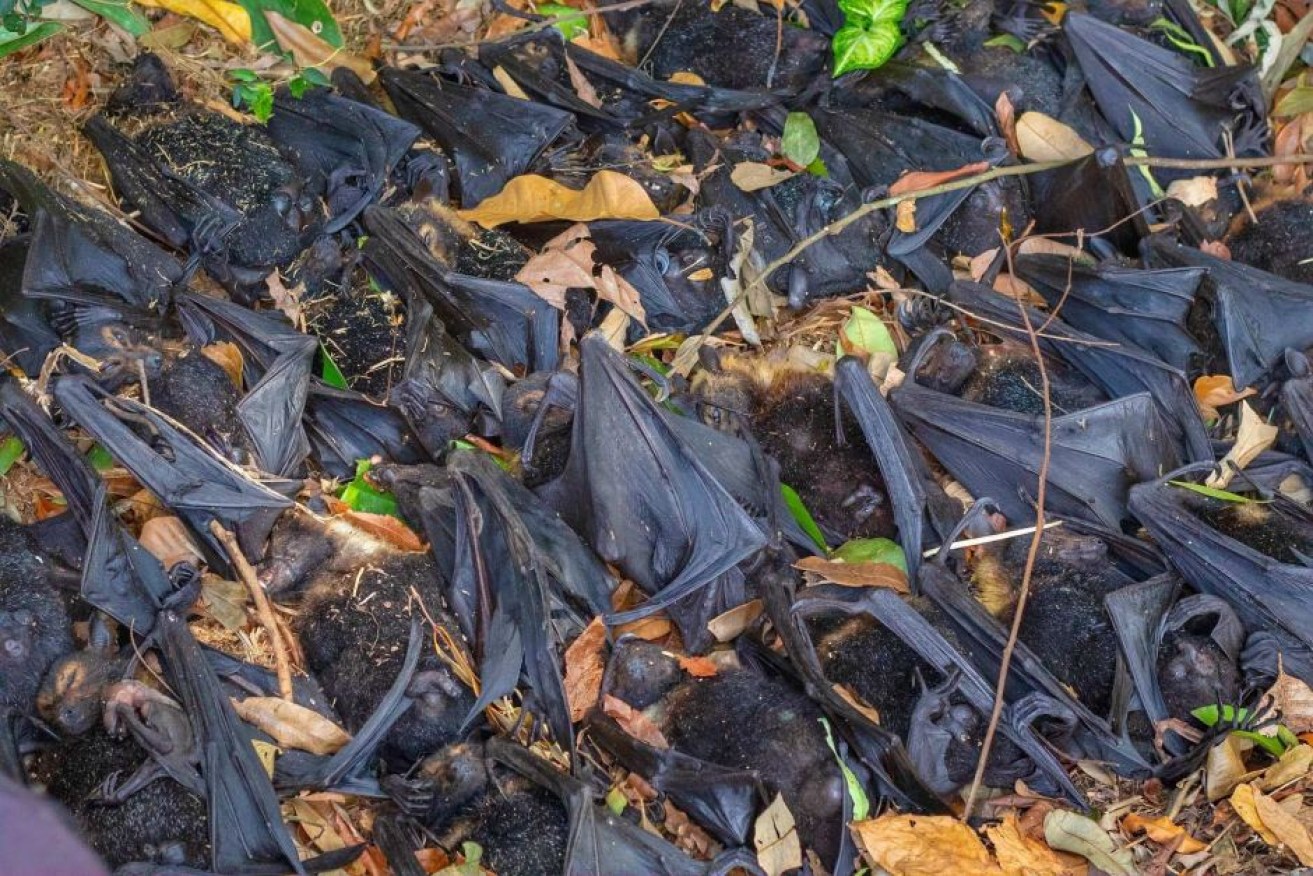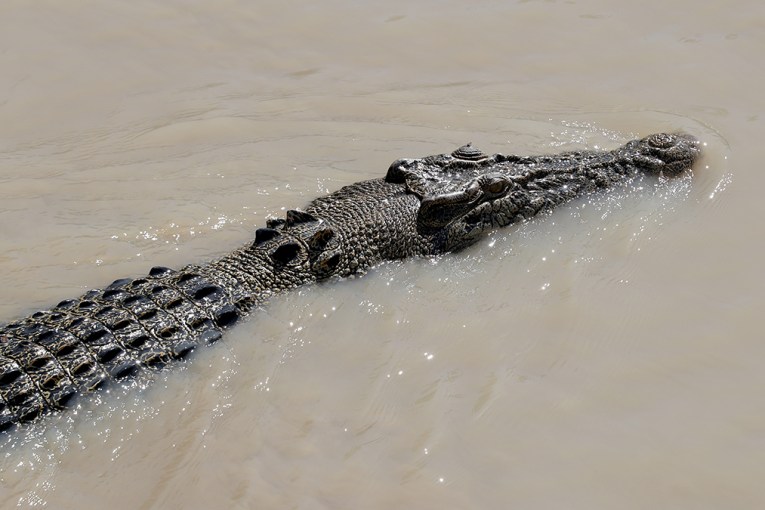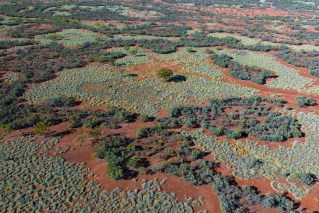Heatwave wipes out a third of flying fox species

Thousands of spectacled flying foxes dropped dead from trees during a week of record-breaking heat in Cairns. Photo: David White
An extreme heatwave in far north Queensland last month is estimated to have killed more than 23,000 spectacled flying foxes, equating to almost one third of the species in Australia.
The deaths were from colonies in the Cairns area where the mercury soared above 42 degrees Celsius two days in a row, breaking the city’s previous record temperature for November by five degrees.
Ecologist, Dr Justin Welbergen from the Hawkesbury Institute for the Environment (Western Sydney University) is collating the numbers of bat deaths and said it was the second-largest mass die-off of flying foxes recorded in Australia and the first time it had happened to this species.
“These are certainly very serious wildlife die-off events and they occur at almost biblical scales,” he said.
“[The biggest] was in south-east Queensland back in 2014 where about 46,000 animals (predominantly black flying foxes) died.
The population size of the spectacled flying fox in Australia is estimated to be about 75,000 individuals, give or take, so for all intents and purpose that means we have lost close to a third of the entire species in Australia.
“Losing a third of the species on a hot afternoon I would argue certainly strengthens the case for both the Federal and Queensland Governments to consider lifting the species from ‘vulnerable’ to ‘endangered’, if not ‘critically endangered’.”
Dr Welbergen said it was also the first time there had been mass deaths of flying foxes from heat stress in far northern Australia where conditions were typically hot and humid but usually remained below 40 degrees.
“Science pretty much agrees this is a sign of things to come,” he said.
“Extreme heat events are increasing in frequency, also in terms of intensity and duration, and we can expect more extreme temperatures to occur increasingly frequently further north.
“A certain proportion of such an extreme event can certainly be statistically attributed to climate change for sure. I think the jury is no longer out on that.”

The mass deaths left hundreds of orphaned flying foxes. Photo: David White
Wildlife carers overwhelmed
Flying foxes dropped dead from roosting trees around Cairns during the heatwave with some residents forced to leave their homes due to the smell from thousands of rotting carcasses.
With no official protocols in place on how to deal with such an event, the task of removing the dead bats was largely left to an army of wildlife volunteers.
Wildlife carer Rebecca Koller said almost 850 bats were rescued and she was looking after about 200 on her property at Kuranda.
“None of our carers were prepared for the numbers we would have. We already had 500 orphans in care prior to this event,” she said.
“To find places for another nearly 850 orphans was just not something that we would ever in a million years anticipate.
“Not having experienced this before, we went in flying blind.”
‘Canaries in the coal mine’
Dr Welbergen said Australia was now averaging one major flying fox die-off (in excess of 1000 deaths) each year.
“Since our paper in 2008 where we had identified more than 30,000 casualties going all the way back to settlement, we have evidence for at least nine other major events [where] the number of casualties combined is now more than 100,000 individuals,” he said.
“So this is very clearly a very serious issue for the long-term conservation of flying foxes in Australia.”
He said climate change impacts on bats were highly visible given they often roosted near urban areas.
“These sorts of events really raise concerns around what is happening to other species, especially wildlife that have more solitary and cryptic lifestyles,” he said.
“If 30 per cent of all koalas die in a forest, who will be there to see them and count the dead bodies?
“Flying foxes are Australia’s canaries in the coal mine.”








